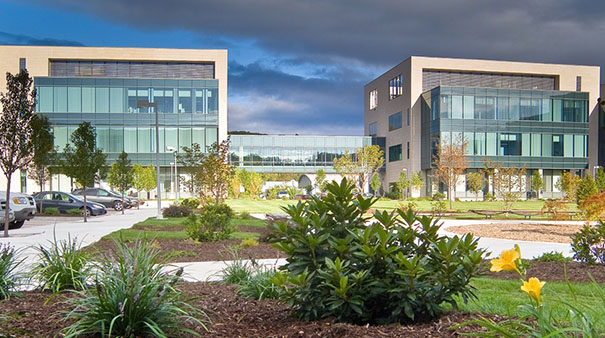Regeneron's antibody cocktail approved by FDA for Ebola

An antibody cocktail from Regeneron has been approved by the FDA as the first treatment for Ebola, offering hope that a similar approach could be used to combat COVID-19.
The FDA approved Inmazeb (atoltivimab, maftivimab and odesivimab-ebgn) for treatment of infection caused by Zaire ebolavirus in adults and children including newborns of mothers who test positive for the infection.
Approval was based on a large clinical trial where Inmazeb showed superiority compared with other investigational agents with respect to mortality, with treatment most effective when given early in the disease.
The therapy is based on a triple cocktail of monoclonal antibodies. Regeneron is using the same technology to develop the COVID-19 antibody combination famously given to president Donald Trump.
Regeneron has an agreement with the Biomedical Advanced Research and Development Authority (BARDA), a US government agency, to deliver an undisclosed number of doses of the drug over the course of six years after approval.
The New York- based company expects to receive around $10 million in 2021 under the deal signed earlier this year, and an average of $67 million per year for the next five years.
The drug has also been developed with funding from BARDA
In 2019, Regeneron's randomised controlled PALM clinical trial was stopped prematurely when preliminary results showed that REGN-EB3 crossed the pre-specified superiority threshold for preventing death compared to the control arm.
Those in the control arm were treated with Mapp’s ZMapp, a rival cocktail of monoclonal antibodies.
Regeneron noted that its cocktail, codenamed REGN-EB3, outperformed ZMapp across several measures in the trial, including reduced mortality and fewer days until the Ebola virus was no longer detected in the bloodstream.
The trial involved nearly 700 patients and had three serious adverse events for REGN-EB3 compared with seven for ZMapp.













